GENEVA, Switzerland, 8 October 2021 — Twelve Swiss and global institutions are joining forces to train future and current leaders who can bridge the worlds of science and diplomacy.
This new set of education and capacity-building programs — announced at the First Geneva Science and Diplomacy Anticipation Summit organized by the Geneva Science and Diplomacy Anticipator Foundation (GESDA) — is set to begin later this month.
GESDA’s newly introduced Science Breakthrough Radar provides a key scientific framework for these programs. The Radar taps into a global network of scientists that work to collectively identify the foremost laboratory advances over the next quarter-century.
Their insights serve as a global indicator of what researchers expect to be the most significant science breakthroughs in five, 10, and 25 years. Its purpose is to guide discussions among policymakers about the impacts of these science breakthroughs.
“The GESDA radar suggests many challenges ahead for both society and for diplomacy but also major opportunities,” said Peter Gluckman, founding chair of the International Network for Government Science Advice (INGSA) and a member of GESDA’s Diplomacy Forum.
“It is critical that diplomats and science policy leaders understand each others’ perspectives and work together to find the most constructive and equitable path ahead for society, the planet and the human condition,” he said.
The programs will be led by a coalition of institutions that so far includes ETH Zurich, the Swiss Federal Institute of Technology; University of Geneva; Graduate Institute of International and Development Studies; Inter-Parliamentary Union (IPU); European Organization for Nuclear Research (CERN); INGSA; University of Zurich; SDG Lab led by UN Geneva; Geneva Science-Policy Interface (GSPI, hosted by UNIGE); DiploFoundation / the Geneva Internet Platform; UN Institute for Training and Research (UNITAR); and GESDA.
The coalition will stage a Geneva Science and Diplomacy Week in May 2022 to provide immersion training for future leaders worldwide and open events for the general public.
Other planned initiatives are:
● A new Lab for Science in Diplomacy, launched by the University of Geneva and ETH Zurich in collaboration with GESDA, that will use Negotiation Engineering and Computational Diplomacy as innovative tools to advance international relations.
● An online Science and Diplomacy training course, organized by DiploFoundation in collaboration with GSPI and GESDA, that is geared towards diplomats.
● A new Executive MBA (emba X), organized by ETH Zurich and University of St. Gallen (HSG), that uses the Radar as a framework in its future-oriented fireside chat series.
“As Geneva’s history is closely linked to inter-state relationships, we wish to leverage on our academic skills to bring new tools to international governance that will enable multilateralism to be renewed,” said Yves Flückiger, rector of the University of Geneva and president of swissuniversities, the umbrella organization for Swiss universities.
“In the face of global challenges, science and diplomacy should join forces,” said Joël Mesot, president of ETH Zurich and co-chair of GESDA’s Academic Forum. “The new Lab for Science in Diplomacy draws on the complementary expertise of the two partner institutions ETH Zurich and the University of Geneva. Its teaching and research activities will create a bridge between scientists and diplomats.”
These efforts reflect the growing importance of anticipatory science diplomacy as an emerging discipline that unites science with world affairs. Training leaders to develop expertise in both science and diplomacy also is a key to the future of multilateralism.
“Increased dialogue between the diplomatic and scientific communities is essential in ensuring that decision-makers are better prepared to solve current and future challenges in society,” said IPU Secretary General Martin Chungong, who is a member of GESDA’s Diplomacy Forum. “These mutual learning experiences can also significantly strengthen multilateralism.”
More broadly, the new education and capacity building programs are part of an effort to create a Geneva Coalition on Anticipatory Science and Diplomacy for Multilateralism. It will promote anticipatory science diplomacy as an essential tool for national and multilateral decision-making. More international partners are expected to join forces soon. The Asuera Stiftung, a Swiss foundation for sustainable development focused on projects in Switzerland, provides philanthropic seed-funding to incubate the programs.
“This is resolutely a two-way process,” said Marga Gual Soler, founder of SciDipGLOBAL and member of GESDAs Academic Forum. “The participants’ contributions will fuel our anticipation work and help to frame discussions about how diplomacy might embrace future science advances for the greatest benefit of humanity.”










